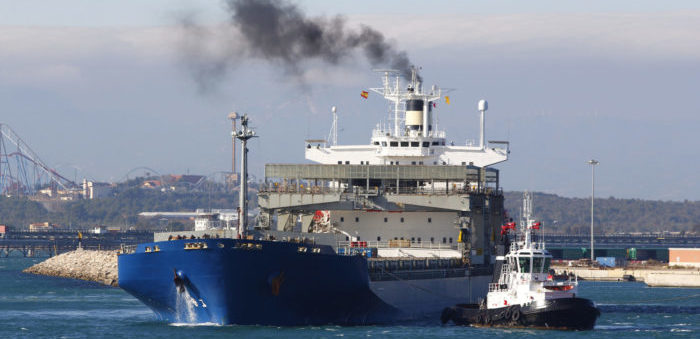Ahead of MEPC’s 72 adoption of its Initial GHG Strategy for shipping next week, ESPO announced that it supports the EU position and believes that it is a positive contribution to the IMO discussions.
The discussions aim to conclude on an Initial Strategy a CO2 emissions reduction target for the sector as well as potential short, mid, and long-term reduction measures. The EU has recently agreed on a position with regard to the negotiations in the IMO on a CO2 emissions reduction target.
ESPO’s Secretary General, Isabelle Ryckbost, said:
The Initial GHG Strategy will allow shipping to take part in the stock-taking meeting under the Paris Agreement in 2018. We need global action but we need it on time. There is a sense of urgency in order for the sector to contribute to the Paris objective to keep the increase of global temperature well below two degrees. We hope that the EU position will be well received and will be considered by the negotiators as a constructive contribution to finalizing and adopting the Initial IMO GHG Strategy next week.
Ports, coastal cities, and their local communities are vulnerable to extreme weather conditions resulting from global warming. Under the Paris Agreement, all countries and all sectors of the economy have to take immediate action to keep the increase of the global temperature below two degrees.
[smlsubform prepend=”GET THE SAFETY4SEA IN YOUR INBOX!” showname=false emailtxt=”” emailholder=”Enter your email address” showsubmit=true submittxt=”Submit” jsthanks=false thankyou=”Thank you for subscribing to our mailing list”]
The EU and national climate measures oblige ports to reduce the carbon footprint of their land-based activities. Moreover, European ports aim to decarbonise shipping by providing green services. Under the EU Alternative Fuels Infrastructure Directive, LNG bunkering facilities and On-shore Power Supply will be provided to ports of the TEN-T core network by 2025.




























































